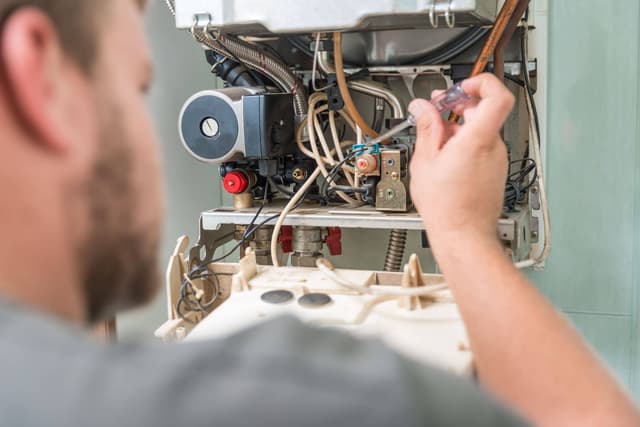Electric Heating Systems (Repair, Retrofits, and Replacement Services): Expert Solutions for Home Comfort
An Overview of Electric Heating Systems
Electric heating systems offer efficient and versatile options for home comfort. These systems convert electrical energy into heat through various technologies and designs.





















































































